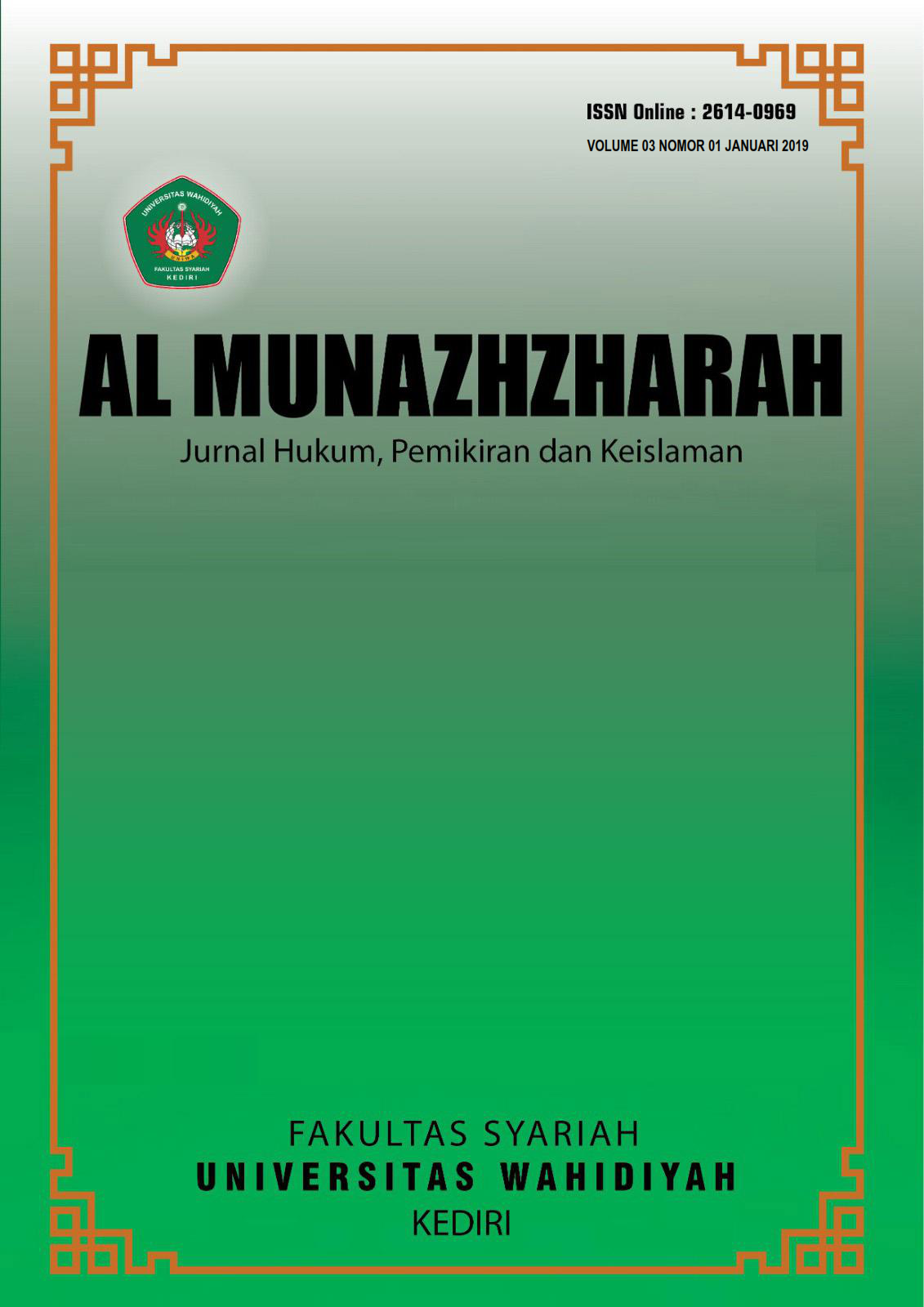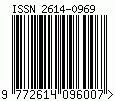MANAJEMEN ZAKAT PROFESI PEGAWAI PT. PERUSAHAAN LISTRIK NEGARA (PERSERO) AREA MADIUN DITINJAU DARI HUKUM ISLAM
Keywords:
ZAKAT MANAGEMENT, PLN EMPLOYEES, ISLAMIC LAWAbstract
Zakat is an obligation for Muslims who have fulfilled certain conditions or pillars, Islam instructs adherents to pay zakat with the aim that the economic balance of society can be realized, namely to alleviate poverty. Therefore, the implementation of zakat must be maximally empowered. This research is an attempt to find out about the management of the implementation and management of professional alms in Lazis PT PLN (Persero) Madiun Area. The research used was field research. The study used a qualitative descriptive approach with data techniques through observation, interviews, and documentation. The data analysis method uses descriptive analysis techniques. The conclusion generated in this study is the practice of making professional zakat in PT PLN (Persero) Madiun Area is taken from employees' monthly salary deduction of 2.5%. Management of professional zakat by Lazis is carried out in collaboration with the human resources section, namely the perol / salary section by deducting professional zakat from his income. Then the funds are handed over to the PLN Amil Zakat Institution and distributed in accordance with existing programs. Lazis performance is quite professional, professional zakat is managed optimally and its distribution is right on target, if reviewed in Islamic law the management of zakat implementation at PT. PLN (Persero) This Madiun Area is in accordance with what is required by the Islamic religion. But in its distribution to Mustahik there are some that need to be re-examined about the eight groups of recipients of zakat.
Downloads
Downloads
Published
Issue
Section
License
Copyright (c) 2024 AL MUNAZHZHARAH

This work is licensed under a Creative Commons Attribution-NonCommercial-ShareAlike 4.0 International License.




















